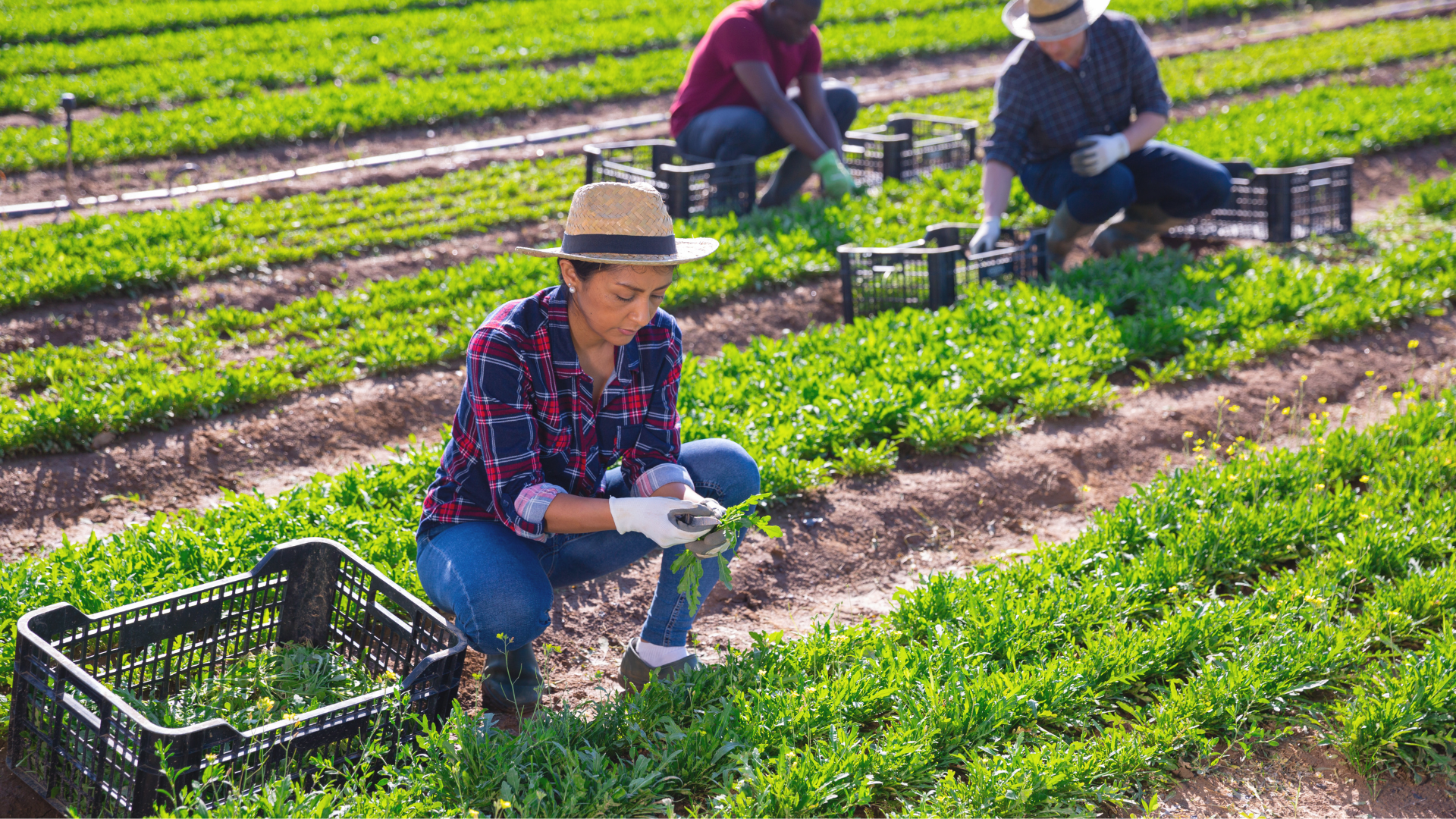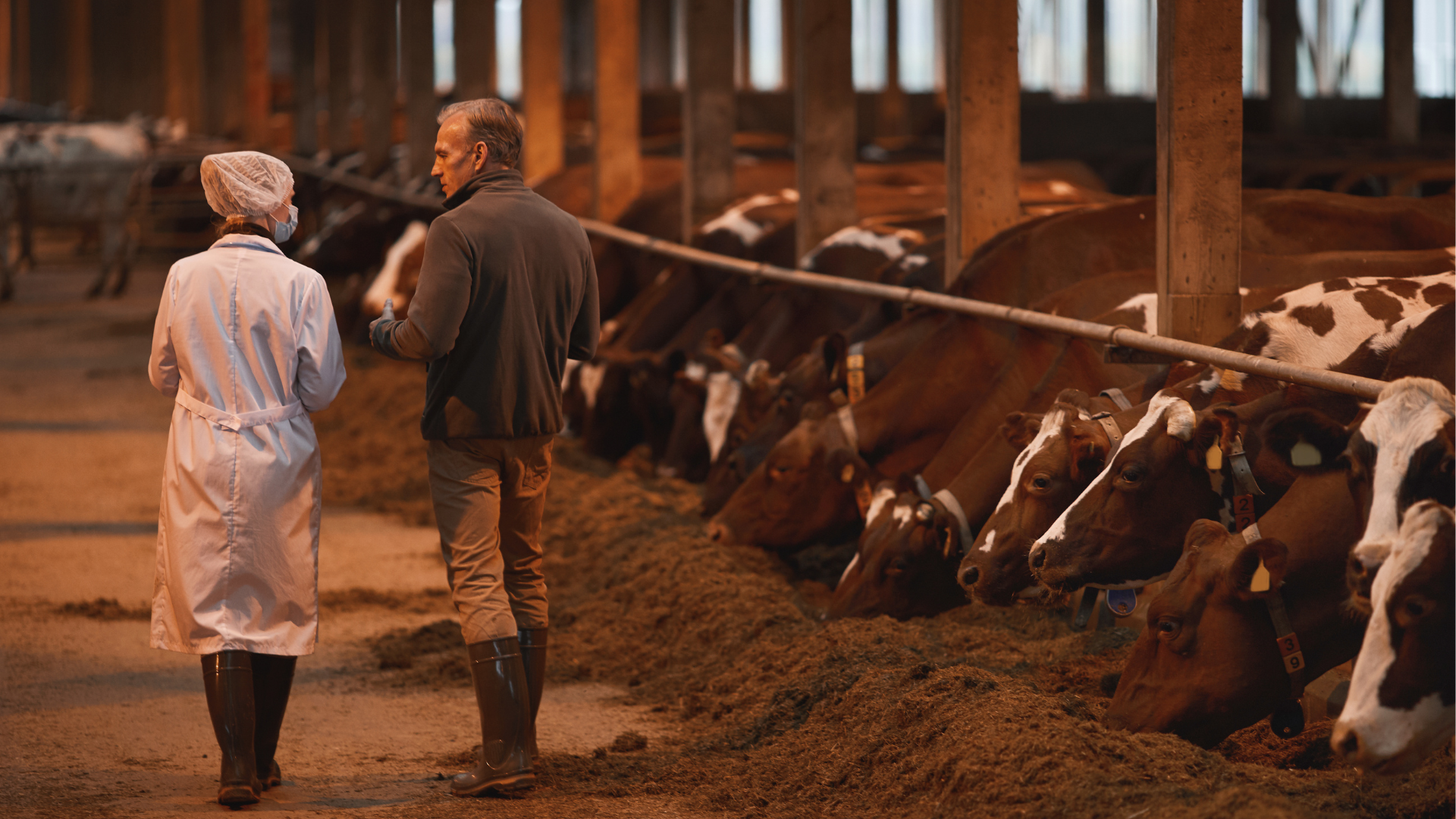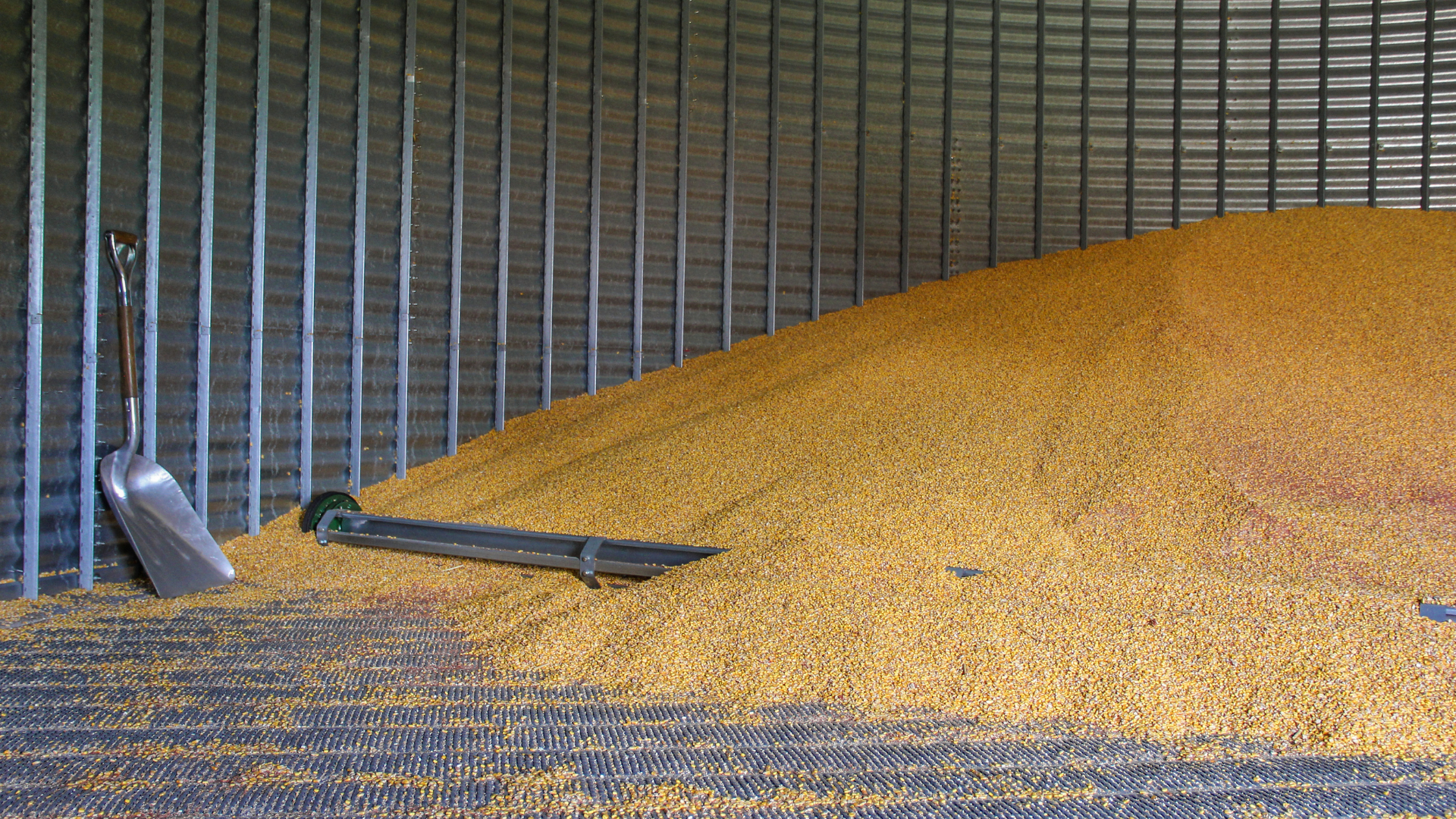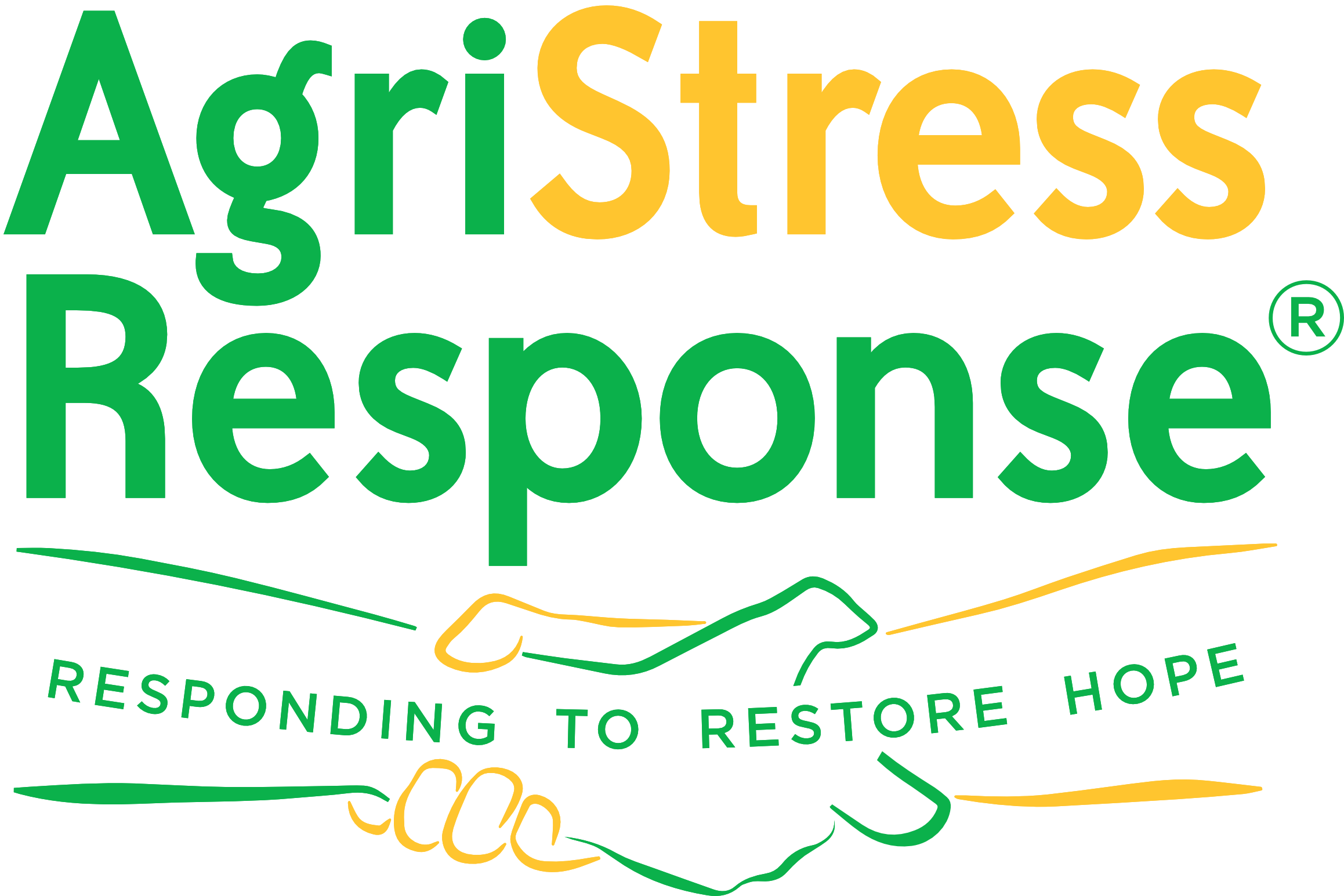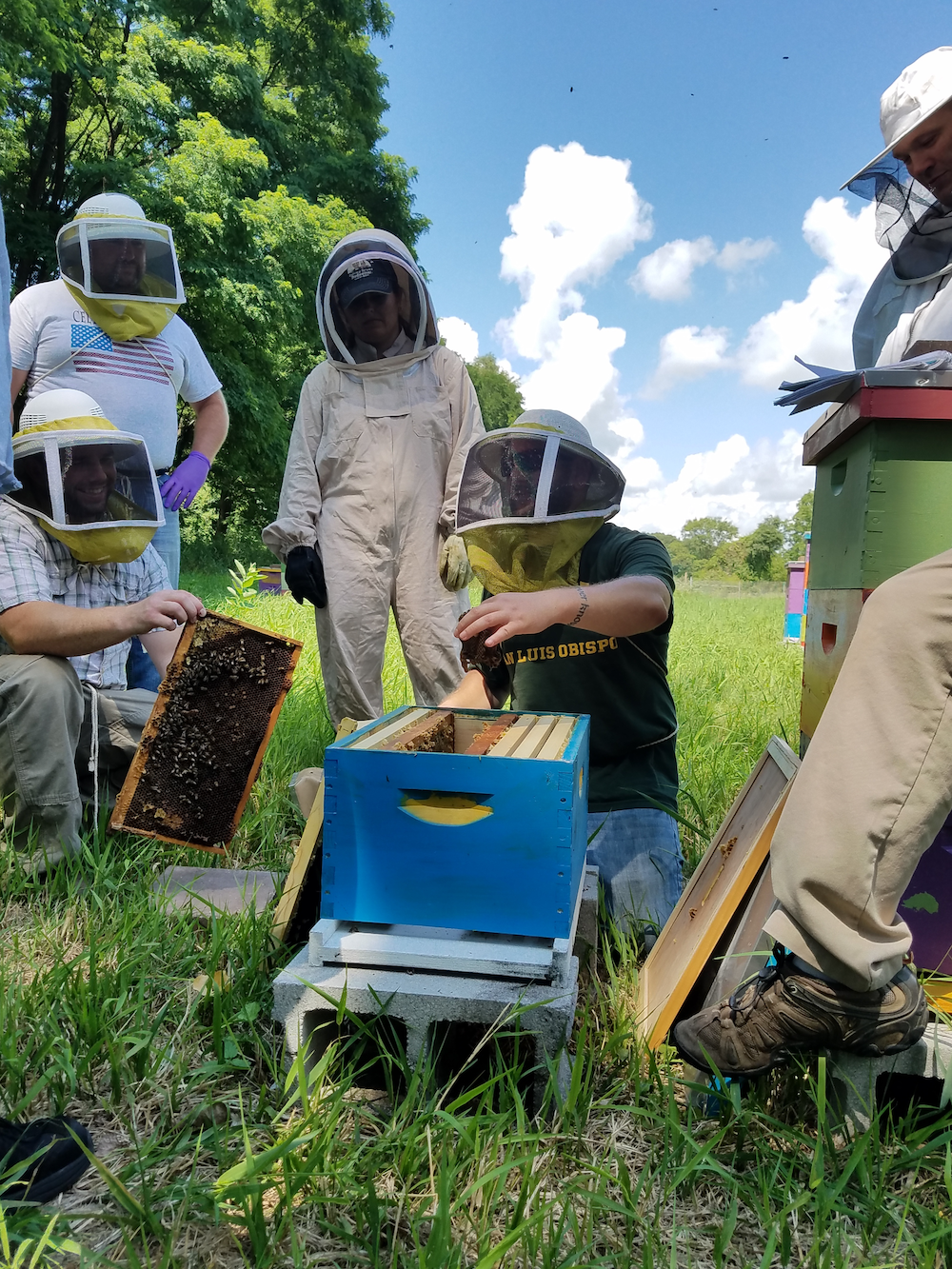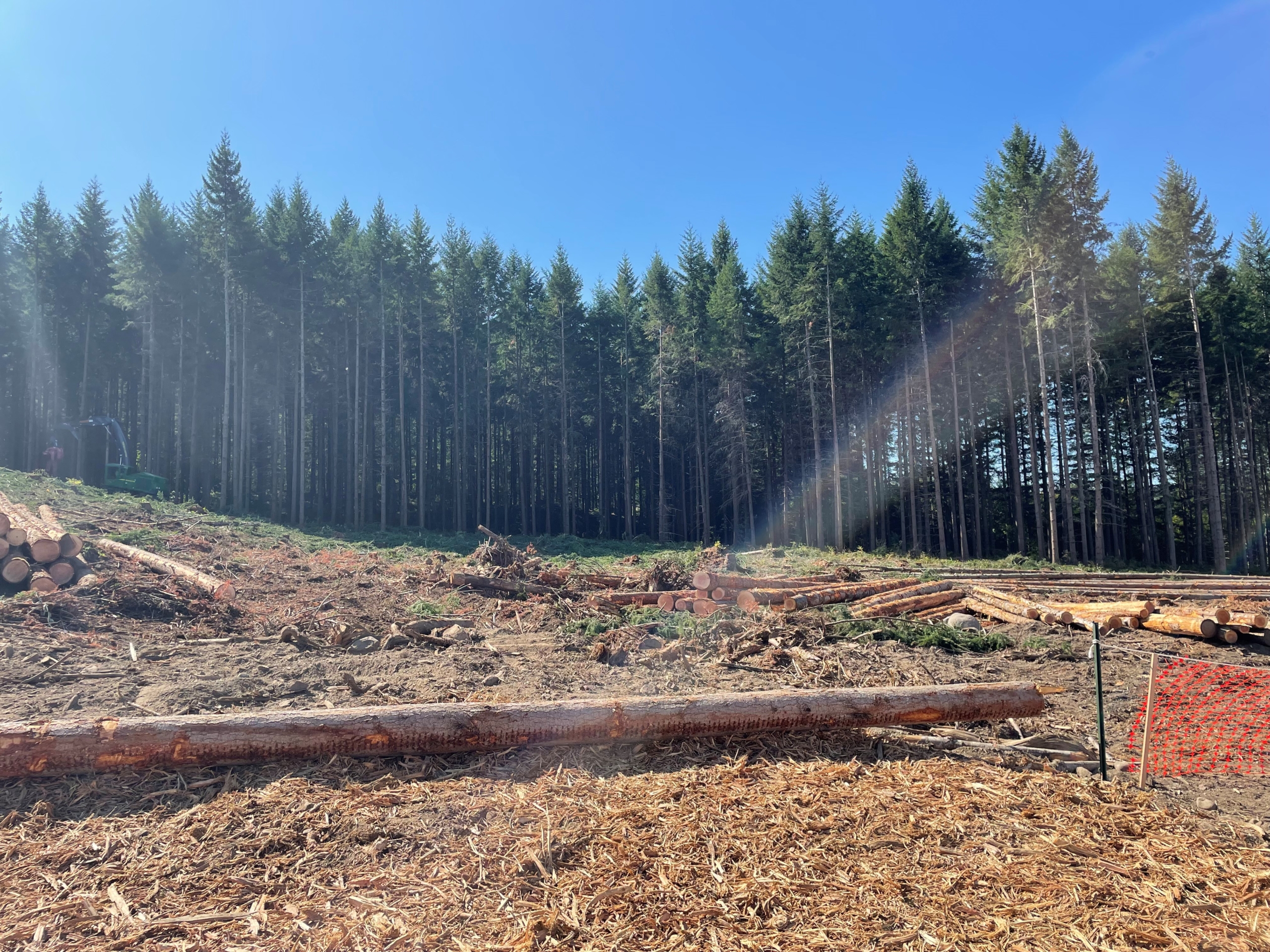NFSHW23: Strategies to Increase Access to Mental Health Services in Farm Worker Communities in Post-COVID Era
NFSHW2024Summary: Farm workers experience high rates of mental health and substance use problems due to numerous risk factors. Barriers for mental health services prevent most farm workers from accessing culturally appropriate care. COVID highlighted the increased need for mental health support and services in farm worker populations. Farm Workers experienced additional stress and did notRead More

